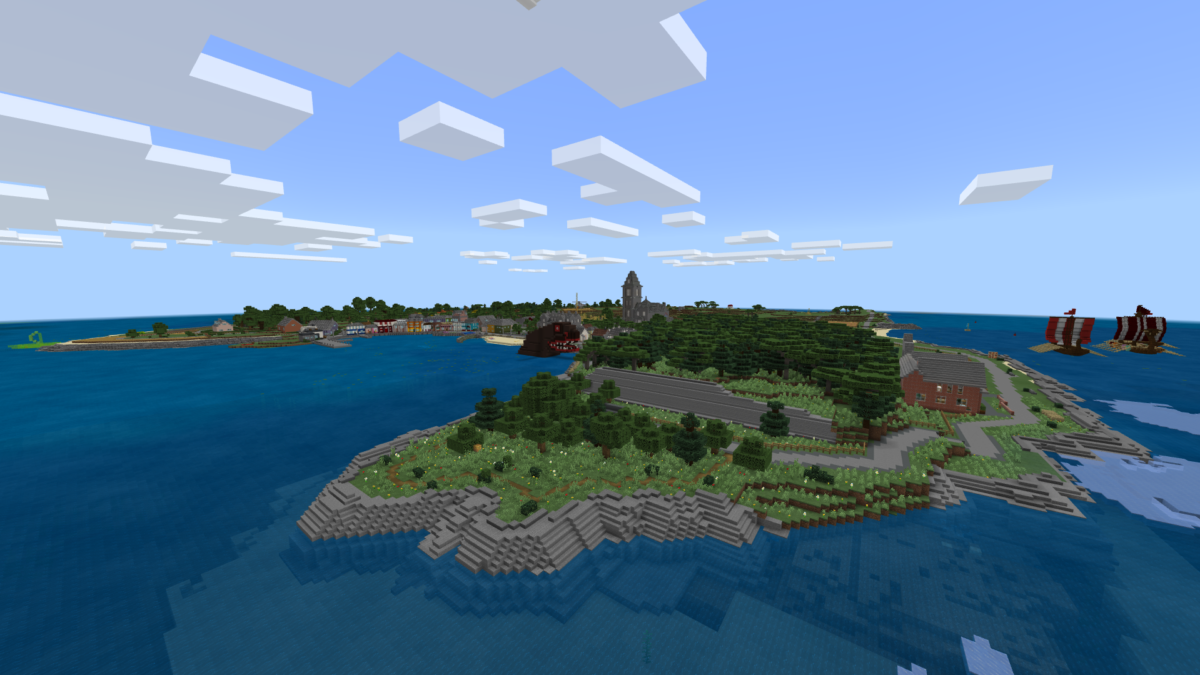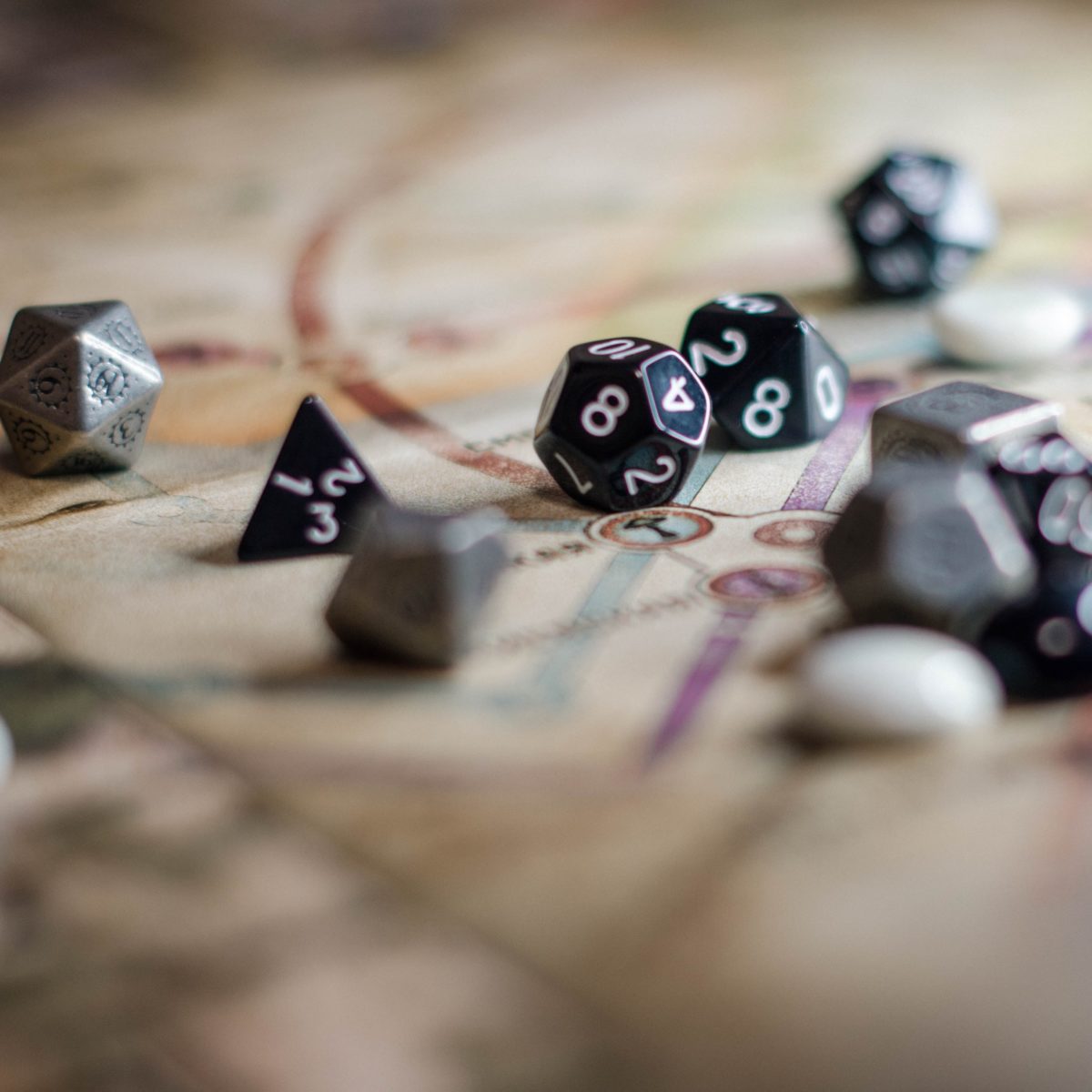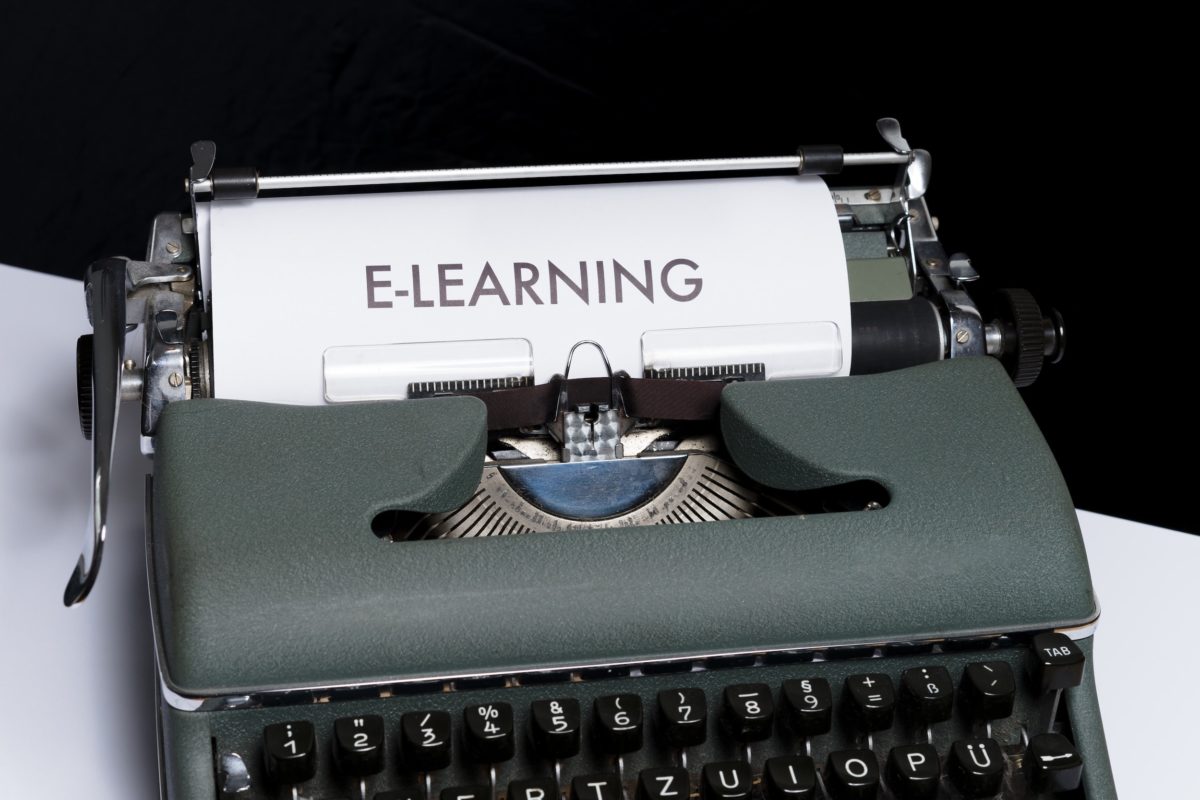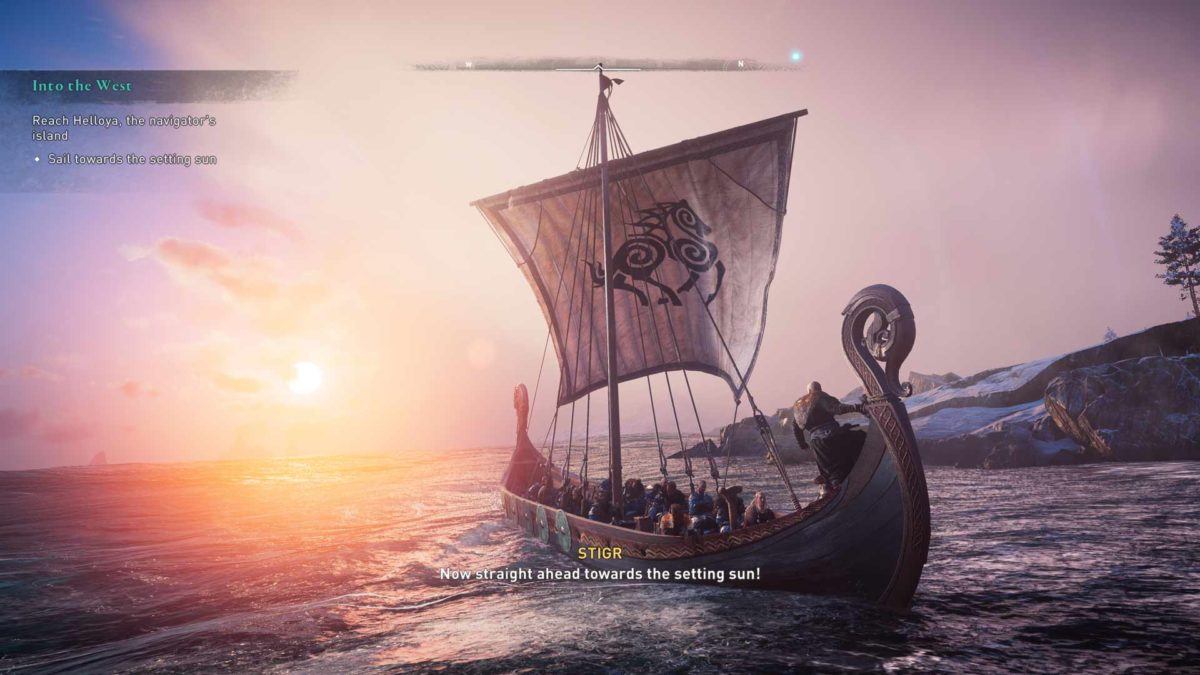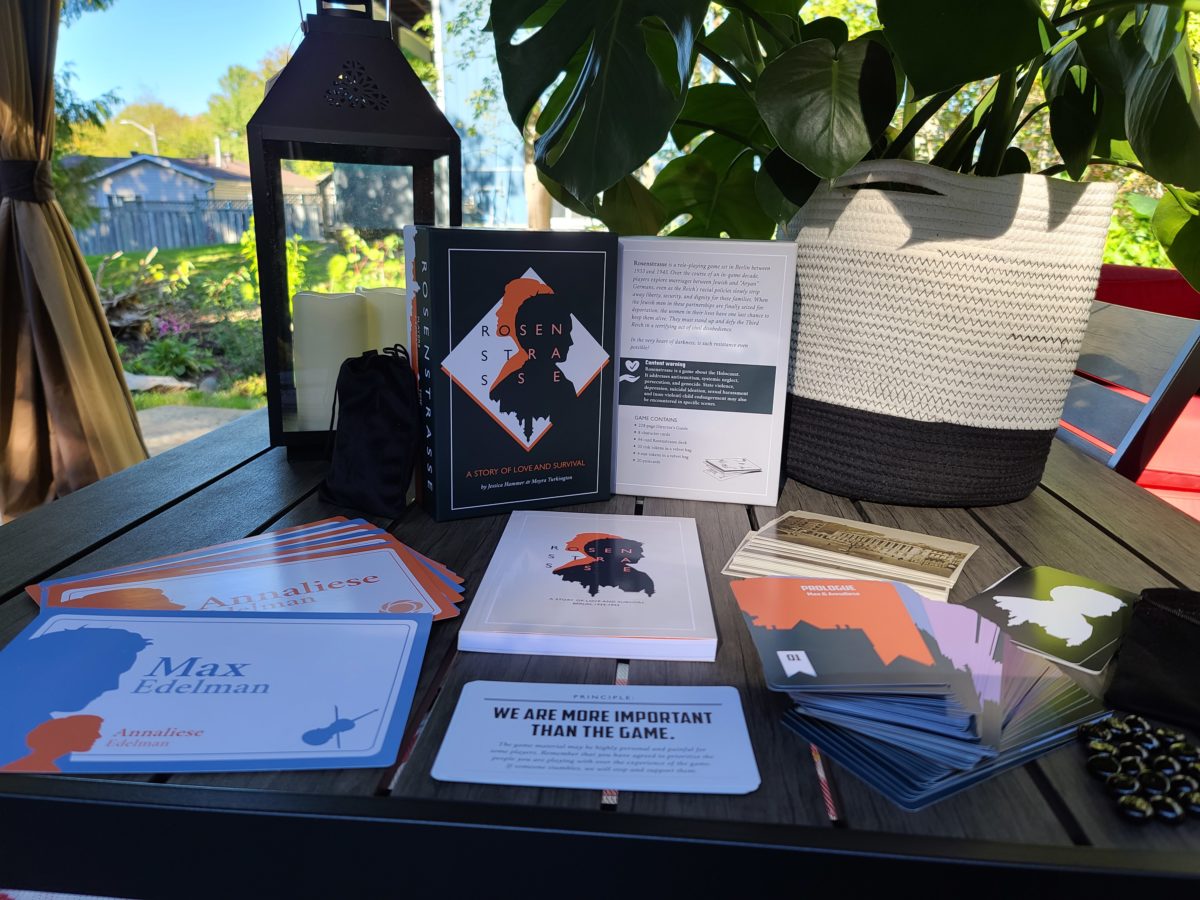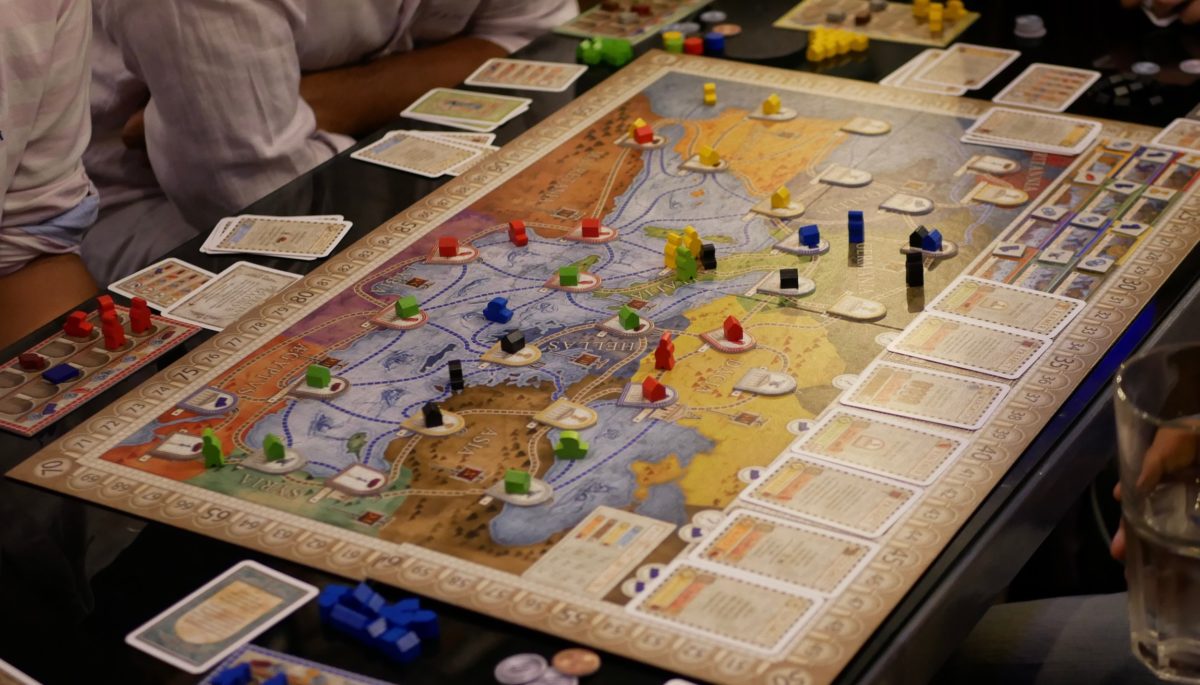We’re thrilled to be announcing the panel date/time and our wonderful speakers for the theme of Education and Historical Games. You may have seen our call for contributions for the theme, which focuses on the challenges that face both educators and developers when making games about the past. The theme kicked off with the fantastic […]
HGN Education Theme Event
